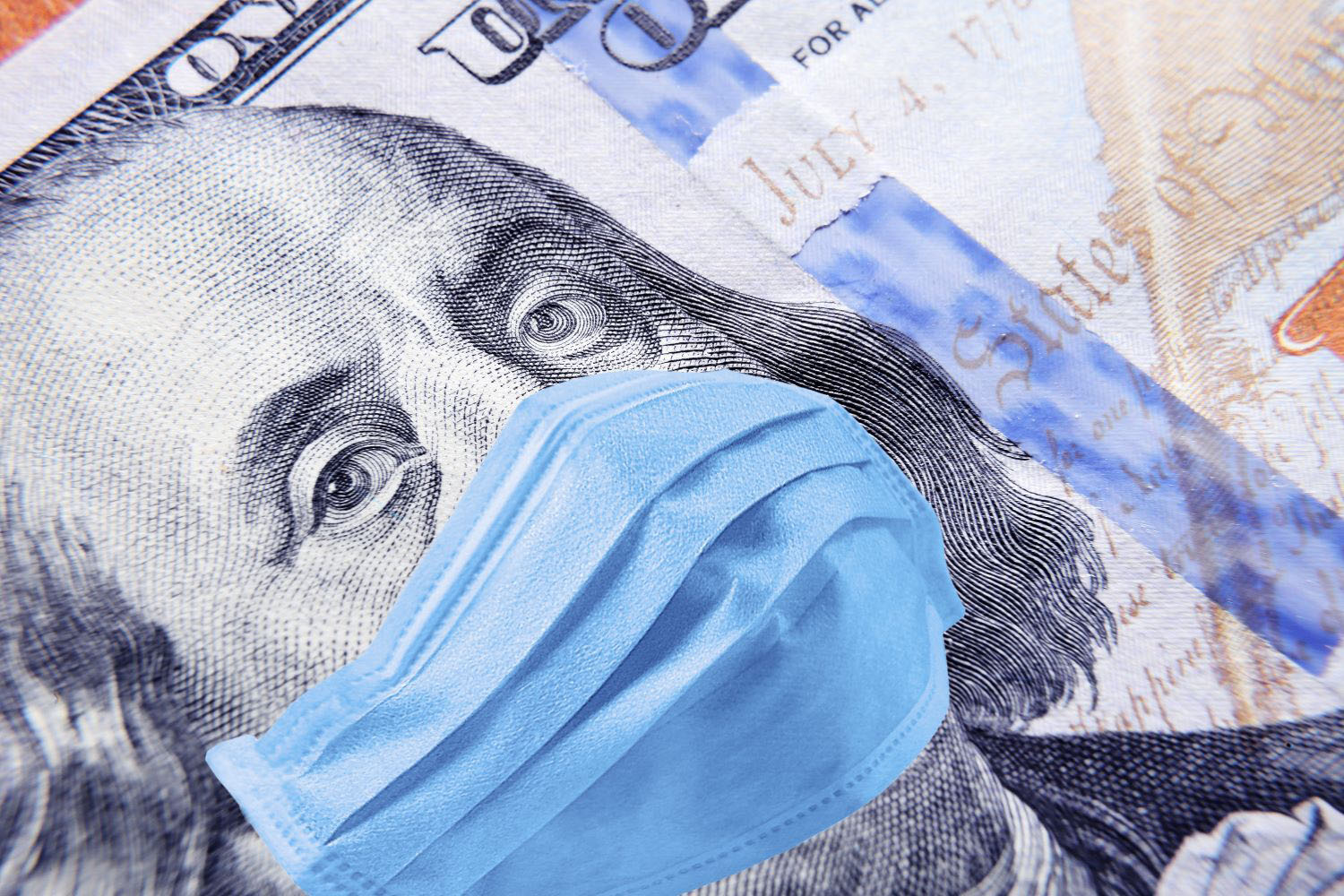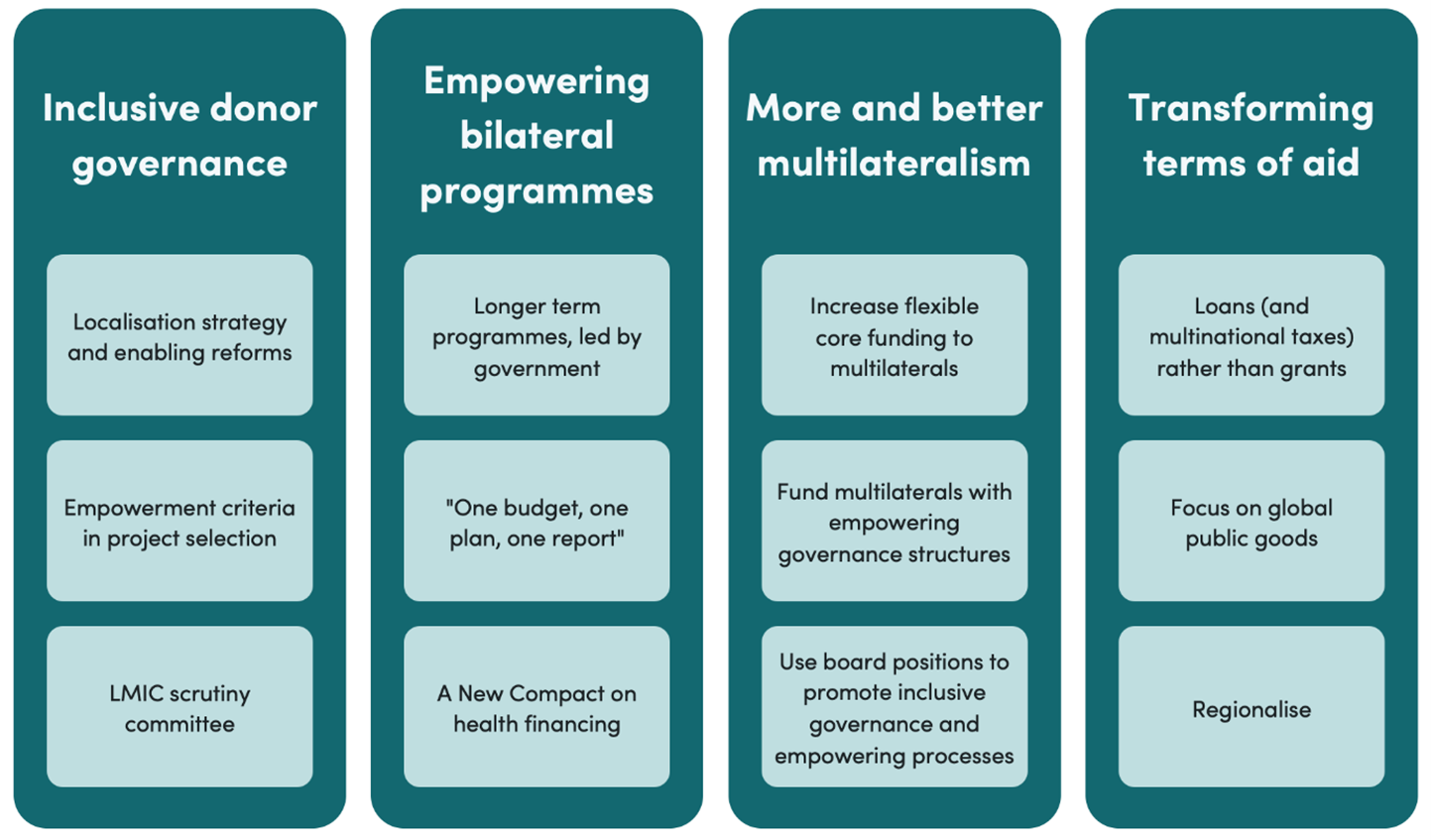In Tuesday's editorial on "Mr. Wolfowitz and the Bank", The New York Times referred to three issues that need his leadership:
"giv[ing] more of a voice to less wealthy and poor countries;…find[ing] new ways to mobilize private sector financing; [and] addressing global challenges like epidemics, sustainable energy and post-conflict reconstruction."
These come close to three of the "five crucial tasks" we urged upon the then new World Bank president in our 2005 report "
The Hardest Job in the World".There are two other important tasks that the
Times left out. One involves the Bank's work in the world's poorest countries: Mr. Wolfowitz should insist that Bank move away from one-size-fits all prescriptions and instead set country-specific priorities. (Maybe girls' education--not corruption--is Mali's most important challenge.) The other is for Mr. Wolfowitz to push all donors to commission rigorous
independent impact evaluation of the development interventions they finance. The Bank's own Independent Evaluation Group has been remarkably forthright of late in its evaluations of the impact of the Bank's own efforts (see for example, the recent report on
disappointing results in cutting corruption). But what is really needed is global leadership of the entire development community to ensure that the billions of dollars spent--not just by the Bank, but by bilateral donors and by the developing countries themselves--to improve people's lives actually work. Can it be that in the 21st Century we still can't get organized to learn systematically from our successes and failures? For more on why donors neglect impact evaluation and avoid independent studies--and what can be done about it--see CGD's 2006 report,
"When Will We Ever Learn?" Improving Lives Through Impact Evauation.
CGD blog posts reflect the views of the authors, drawing on prior research and experience in their areas of expertise.
CGD is a nonpartisan, independent organization and does not take institutional positions.





